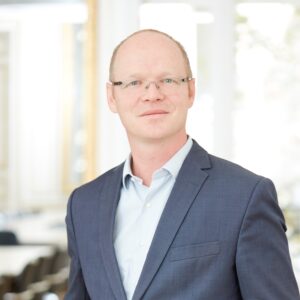- Home
- Publications & Actualités
- Hinkley Point C
Hinkley Point C
‘Power House’ of the future
The decision to build Britain’s first Nuclear Power Plant (NPP) in a generation will be an important milestone for the country, and a potential tipping point for the European industry. Located in Somerset in south-west England, ‘Hinkley Point C’ (HPC) is an enormous project that has the potential to boost earnings and valuation multiples for equipment and service providers all the way down the supply chain.
Although EDF currently faces a series of challenges, we expect a final investment decision and ‘green light’ for HPC in the third quarter of 2016 – most likely in September.
Key insights:
- HPC will be ‘a first’ in many respects: it will be the first NPP to be built in the western hemisphere since the Fukushima disaster in 2008; the first to be built in the UK by a listed company; and the first in which EDF is the lead client outside of France.
- It will also be the most expensive NPP ever built – currently forecast to cost between €23bn (EDF’s estimate) and €32bn (European Commission’s estimate, including financing costs).
- The British project will be delivered by EDF (67%) and the Chinese government-backed joint-venture partners China General Nuclear and China National Nuclear Corporation (33%).
- The project is expected to restart nuclear construction in the UK – an additional seven new-build sites have so far been approved.
- HPC will utilize two European Pressurized Reactors (EPR’s) – a ‘third-generation’ reactor that produces far more energy and is significantly safer and more secure against attack. It will provide capacity to supply 7% of Britain’s energy needs.
- Construction will take at least 10 years, and employ some 25,000 people during the construction phase. Around 90 ‘Tier 1’ suppliers will be used, and hundreds more will be sub-contracted below those. In some cases the value of individual ‘Tier 1’ contracts will run into the hundreds of millions of euros.

Michel Degryck
Associé - Europe
France
“Hinkley is an important turning point for the industry, which suffered after Fukushima in 2008, and the subsequent decision by Germany to go nuclear-free. In France we have a large number of nuclear suppliers that are uniquely placed to benefit; we expect consolidation to be a powerful force going forward."

Jan Willem Jonkman
Associé - Europe
Benelux

Ervin Schellenberg
Associé - Europe
Allemagne